High-level dialogue: Building back better with broadband (ITU)
9 Sep 2020 14:00h - 15:00h
Event report
The session highlighted the various initiatives taken by the International Telecommunication Union (ITU) and its partners, to build digital infrastructure and ecosystems in countries with an aim to achieve universal connectivity and to cope with emergencies which the COVID-19 pandemic has brought.
The importance of ensuring universal and affordable connectivity, building digital skills, innovative content, co-operation among nations and different stakeholders,adopting innovative approaches to deal with the present crisis were highlighted during the session.
Ms Doreen Bogdan-Martin (Director, Telecommunication Development Bureau [TDB], ITU) highlighted the initiatives undertaken by ITU including the GIGA initiative with UN Children’s Fund (UNICEF), the ITU global resiliency global platform, building regulatory activities, capacity building initiatives, a smart digital governance model, a digital transformation centre initiative, and tools to help countries such as the Joint ITU World Bank Digital Handbook. She also announced the launch of the Connect2Recovery initiative launched today with the support of Japan and Saudi Arabia.
HE Ahmed Mohammed (State Minister, Ministry of Innovation and Information Technology, Ethiopia) shared his government’s priorities as: boosting digital connectivity and adoption; adopting innovative approaches to finance; making progressive policy changes; and restructuring to harness the potential of ICTs.
Dr Abdullah Saleh Al-Moallem (Director Health and Environmental Aid, King Salman Humanitarian Aid and Relief Center [KSRelief]) called for an accelerated action plan for connecting people at the backdrop of the pandemic.
MrLassina Konate (Director Ministry of Digital Policy and Post, Côte d’Ivoire) highlighted the challenges faced by his country during the COVID-19 pandemic, such as people being unable to benefit from ICTs due to low broadband penetration, lack of connected devices such as smartphones, lack of digital capabilities of the government to respond to the situation; institutional challenges, and lack of co-ordination between national and regional strategies.
To cope with the after effects of the pandemic he shared five key priority areas: (a) building a digital connectivity that is robust, (b) reliable connectivity for everyone; (c) build digital content; (d) enhance digital skills, (e) provide easy access to researchand devise funding mechanism for developing countries.
Not giving enough attention to bridging the digital divide and the lack of a multitechnology approach has led to the digital divide opined Ms Aarti Holla-Maini (Secretary General, EMEA Satellite Operators Association [ESOA]).
Ms Laxmi Akkaraju (Chief Strategy Officer Global System for Mobile Communications Association [GSMA]) shared that apart fromproviding reliable connectivity, mobile services play a critical role in areas such as education, healthcare, and finance. She cited the example of Rwanda, where mobile moneytransfers doubled the week after the lockdown. She shared various mobile operators which have started offering free access to learning platforms.
Akkaraju stressed the need for investment in mobile networks,especially to build 5G technologies. She cited that the mobile industry is projected to spend close to one trillion US dollars in the next five to six years on new network technologies. She stressed on the need for governments and regulatory authoritiestocreate a favorable investment environment by providing access to sufficient harmonised affordable spectrum, reducing sector specific taxation, streamliningemployment approvals and other collaborations, etc.
To highlight the work being done by the GSMA to help countries Akkaraju shared the examples of the joint action plan between the GSMA, the World Bank and the ITU while highlighting the 11 regulatory recommendations released by the GSMA.
Dr Boutheina Guermazi (Director, Digital Development, World Bank) emphasised the deep effects of the pandemic including the digital divide between countries and gender, sharing theWorld Bank’s global economic prospects of 2020, that suggests thatthe global GDP will shrink by 5.2% this year. She shared that the recession would hit countries that lack digital connectivity the most.
Guermazi stated the importance of digital solutions and ensuringstable broadband connectivity that’s fast, reliable, affordable, relevant, and meaningful in order to ‘building forward better’.
The crisis she shared has highlighted the need for partnerships and shared the initiatives of the World Bank such as the speedboat approach with ITU, GSMA, and the World Economic Forum (WEF). To connect people, she shared how the investment needs would be huge. She stressed on the need to think out of the box approaches, leverage partners better, and unleash investment from the private sector.
Mr Chris Fabian (Co-founder the UNICEF Office of Innovation & GIGA) elucidated on the GIGA initiative and its objective to connect every school in the world. He shared that in the last 6 months they hadmapped connectivity for 200 000 schools around the world.
Mr Lacina Kone (Director General and CEO and broadband commissioner, Smart Africa) spoke of the initiatives of Smart Africa to providebetter, affordable, and meaningful connectivity; including the projects Intra Africa Connectivity, Smart Africa Digital Academy, and the project on smart devices by Smart Africa.
Kone stressed the importance of countries collaborating on digital connectivity across borders.
Related event

